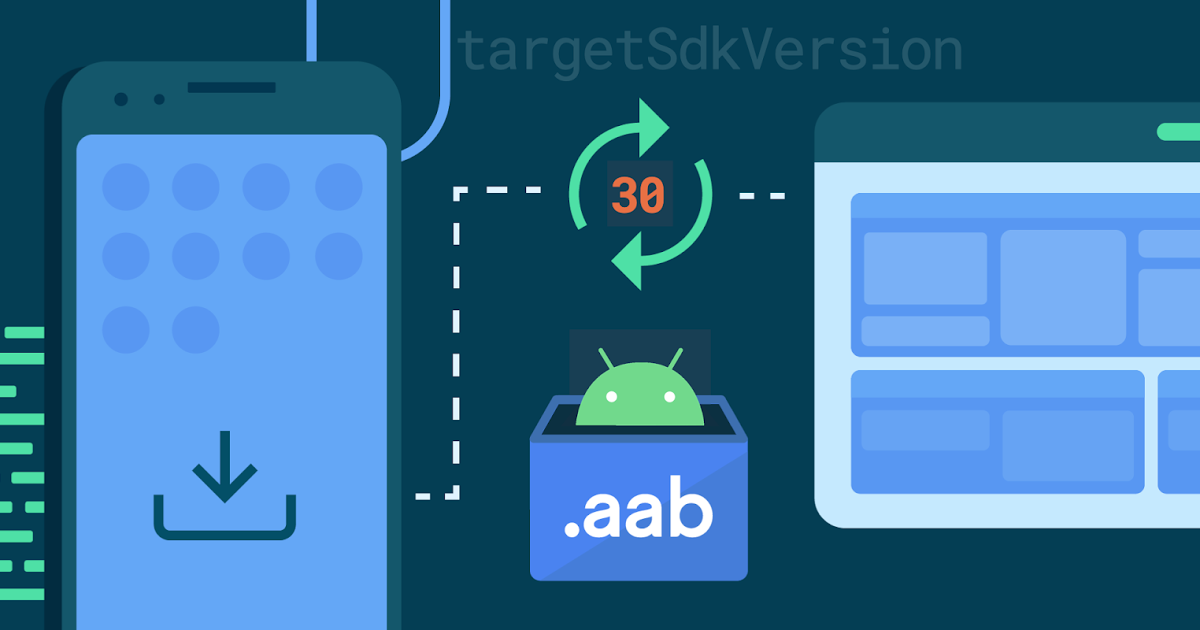APK vs Android App Bundles comparison needs to be done ASAP. Because from August 2021, all the new apps on the Play Store will be published in the Android App Bundles (.aab) format. Instead of the existing APK format. So what are the major differences between an APK and Android App Bundles (AAB)?
APK has been the go-to distribution app package on Android. An APK primarily consists of app codes, heavy resources such as image, audio, etc., and an app signing key generated by the developer. Note that Android devices come in various form factors and specifications.
In an ideal situation, a developer has to build and upload multiple APKs on the Play Store. The uploads are based on the user’s region, processor type, and phones screen density. When a user taps on the “Install” button in the Play Store, the correct and most-suited APK is then installed on their device.
So developers not just have to develop apps but also manage multiple APKs to support a boatload of devices. To avoid this complex and time-intensive work, most developers build a Universal APK that comes with all the resources. Such as language packs, codes. This results in a bulky APK with a larger app size. That requires longer installation time and eats up more bandwidth.
APK vs Android App Bundles
AABs won’t make much difference in terms of user experience for most users. But it will reduce the app size, which will be helpful for most users. Airbnb reduced its app size by 22% after switching from APK to AAB. While Netflix reduced its app size by 57%.
Android App Bundles will help reduce the app size, installation time, and bandwidth consumption. The company introduced AAB at Google I/O 2018. In comparison to APK, the AAB format is not a completely new distribution package.
AAB is a container that hosts a base APK and multiple split-APKs. Basically, AAB is a publishing format that a developer submits to the Play Store while APK is the packaging format for Android apps that you install on your device.
With AAB, Google mandates that developers must share the private signing key so that Google can generate the app bundle and sign the AAB with the same private key. When users install the app or update to a new version, Play Services will match the signing key. And the installation will take place with no key mismatch or signature failure issues.
But an issue arising out of sharing the private key with Google is that it might make things harder for third-party app stores. For example, if you install an app from the Play Store but want to update to the latest version from another Play Store alternative then the installation might fail due to a signature mismatch.
And for power users who want to sideload AABs, things will become a bit tricky and inconvenient. You may have to use a bundle tool to extract APKs for your device or use a third-party installer.

